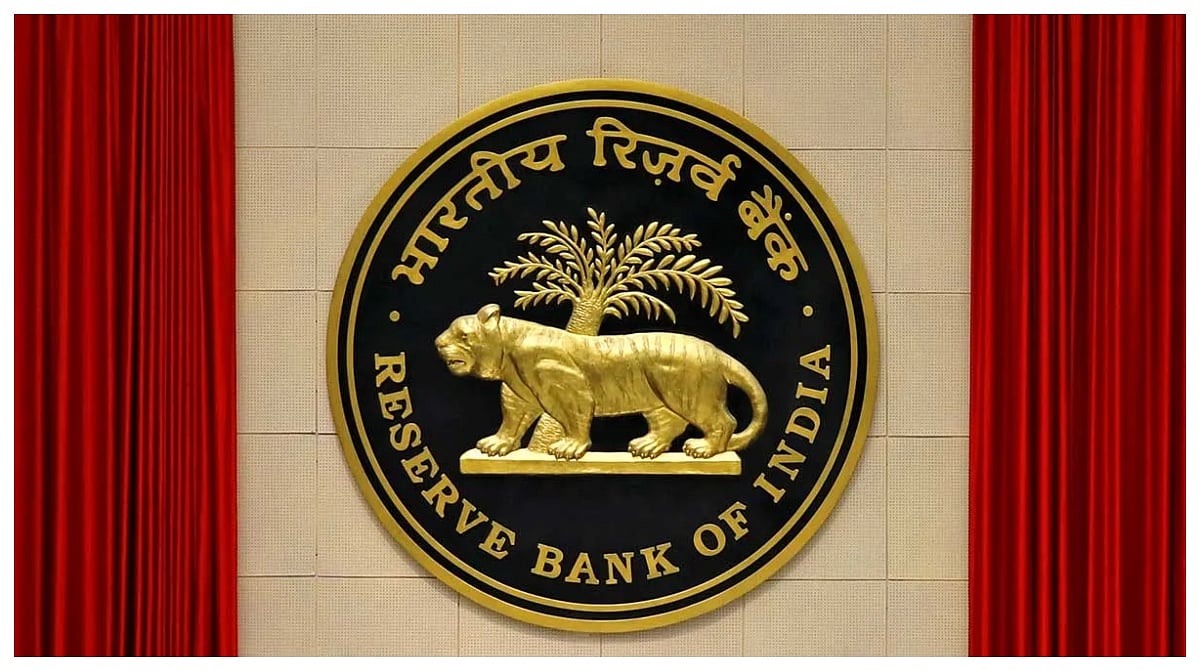In the era of social media, where 'likes' have become a currency of popularity and a measure of 'coolness,' a peculiar trend known as 'wardrobing' has surfaced. Also dubbed the 'snap and send back' culture, this practice is a wry reflection of our times. Users order clothes online, strike a pose for the perfect Instagram picture, and then return the outfits once the 'likes' have rolled in. This transient ownership of fashion, solely for online validation, not only highlights the performative aspect of social media but also signals deeper issues at play. It's an emblem of the pressures exerted by digital life, which might be subtly eroding our mental health
Ever since Web 2.0 burst into our lives, and sharing became the de facto way of caring, teenagers have been the targets of a variety of socialmedia platforms. It is almost like the platforms want to catch them young and hook them for life. Unlike previous generations who were mainly courted by cigarette, alcohol, and credit card companies, today's teens face the added layer of potential addiction, not just to substances but also to social media. This digital dependency is reshaping their lives in profound and complex ways.

Research from around the globe tells a consistent story: teenagers and younger children are engaging in what's known as problematic screen media use (PSMU), with devastating consequences for their physical and mental health. For many, the time spent in the digital world – through smartphones, tablets, laptops, or TVs – is overshadowing their exposure to fresh air, sunlight, and physical exercise. A recent report by Local Circles revealed alarming statistics: 55% of parents with children aged 9-13 reported their kids spent excessive time on smartphones, a figure that rises to a staggering 71% among parents of 13-17-year-olds.
In an older demographic, those between the ages of 18 and 24, individuals reportedly spend about 2.4 hours a day on social media. Platforms such as Facebook and Instagram boast 97.2 million and 69 million users, respectively, from this age group alone. Across all age groups, a shared issue is evident - the rise of performative behavior, body image issues, body shaming, cyberbullying, stalking, and sexual grooming. In a country and culture where parents tend to be protective, often shielding their children from life's harsh realities, these young individuals find themselves thrust into a digital world where their protective barriers are non-existent. This exposure, more often than not, leads to mental health challenges. And more often than not this leads to a host of issues including physical threats, and mental health issues.
A disturbing trend has emerged with stories of young individuals increasingly living their lives on social media, relying on virtual friends for company. Their emotional well-being is attached to the frequency of notifications on their phones, with every 'like' sought after and its absence interpreted as rejection. This dependency can lead to a damaging cycle of self-doubt and can have severe repercussions. Platforms like Instagram have become tools for self-validation, where the number of 'likes' on posts and images are seen as the measure of one's attractiveness, intelligence, and overall worth. Many individuals strive to create an 'internet persona', a carefully crafted image of a perfect life, using filters to conceal perceived imperfections. Reports suggest a growing number of young people are even resorting to cosmetic surgery to achieve the 'perfect' look for social media, not realising that the notion of perfection is subjective and unattainable.
The pursuit of an ideal body image, coupled with an increasing prevalence of body dysmorphia, is leading to a rise in eating disorders. The consequences include increased rates of bulimia, excessive gym workouts, and even steroid use for muscle enhancement. According to Facebook's internal research, “32% of teenage girls reported that when they felt bad about their bodies, Instagram made them feel worse.” Despite the alarming revelation that Instagram could be harmful to young girls, the drive for increased profits has led to this demographic being targeted even more aggressively.
Social media's pervasive influence has undeniably impacted societies and individual lives, often with disruptive consequences. Whether it's influencing political landscapes, as seen in the Trump Triumph and Brexit, or escalating hate campaigns, social media has played its part in breaking trust and fracturing societies. Now, it is attacking children.
While most aspects of society — from the food we eat to the cars we drive — undergo health and safety checks, social media remains largely unregulated. This reality necessitates a shift in perspective: it's time for governments to re-evaluate their approach to social media, viewing it through a lens of health and safety. After all, the well-being of our children and young people is at stake.
The writer works at the intersection of digital content, technology, and audiences. She is a writer, columnist, visiting faculty, and filmmaker











